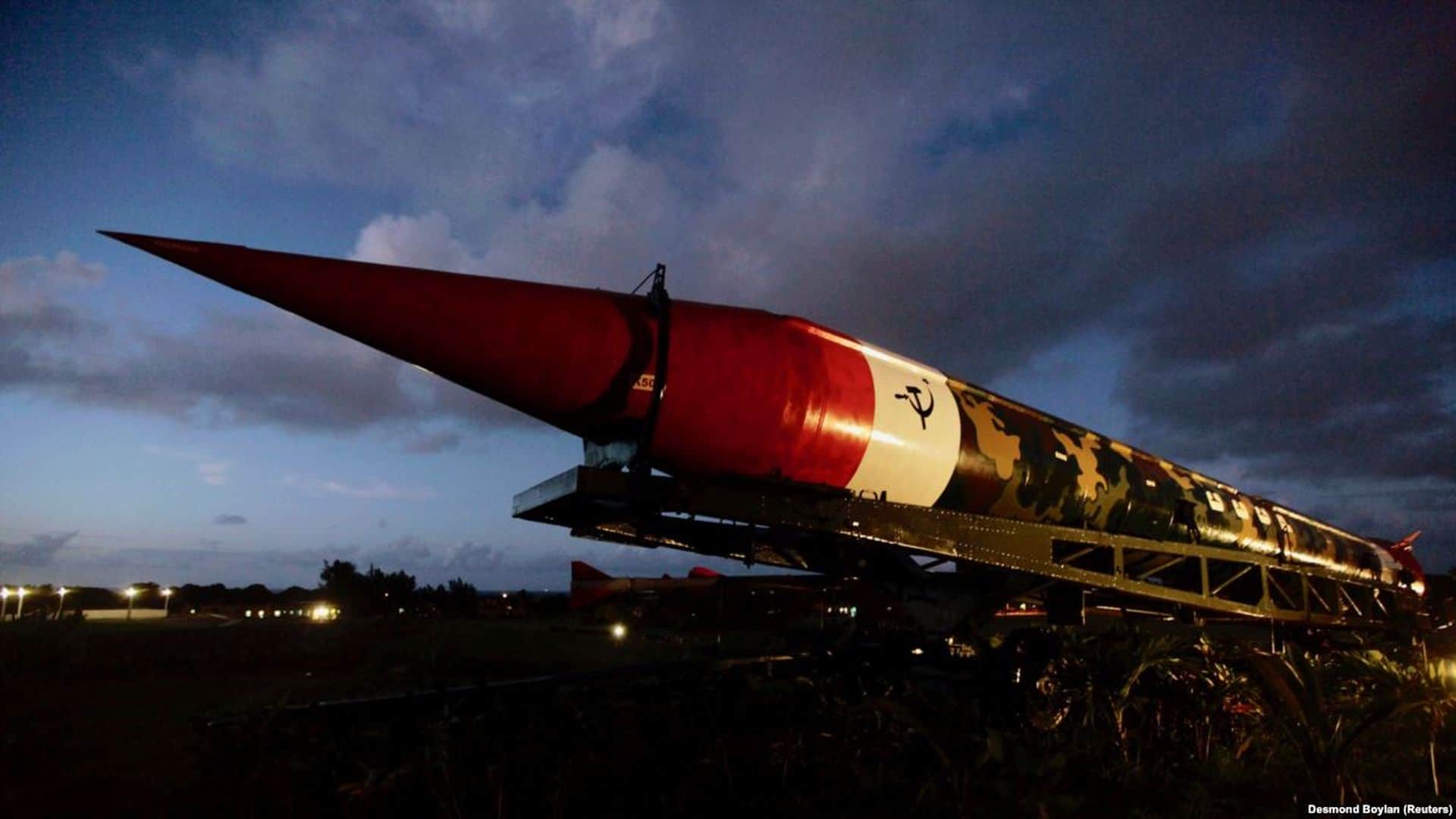Nato and Russian officials will hold talks this week, the alliance said Monday, with the future of a key Cold War era arms treaty hanging by a thread.
Diplomats said the Intermediate Nuclear Forces (INF) treaty will be on the agenda for Friday’s meeting of the Nato-Russia Council, which is also expected to cover the crisis in Ukraine.
The US has given Moscow until February 2 to dismantle a new cruise missile system that Washington and its 28 Nato allies say breaches the landmark 1987 accord.
Talks between US and Kremlin officials in Geneva last week led nowhere, with the Americans accusing Russia of dishonesty and evasiveness and Moscow calling for more talks.
Russian President Vladimir Putin has warned of a new arms race if the INF collapses, saying Europe would be its main victim.
All 29 Nato members have unanimously endorsed the US assessment that Russia’s nuclear-capable 9M729 cruise missile system violates the INF treaty, which bans ground-launched missiles with a range of between 500 and 5,500 kilometres.
Germany’s foreign minister Heiko Maas used a visit to Moscow on Friday to spell out the alliance’s view that it was up to Russia to save the treaty by dismantling the missile system.
“Like other Nato members, we believe that there is a missile violating this treaty and it should be destroyed in a verifiable manner to get back to the implementation of this agreement,” Maas told reporters.
Washington has raised concerns about the missile system with the Russians at least 30 times over the past five years, according to officials.
In December the US took the unusual step of publishing extensive details of the evidence it has shown Moscow to prove the missiles breach the treaty.
But Moscow continues to deny the claims and has made several counter-accusations against the US.
Last week US Under Secretary of State Andrea Thompson dismissed Russian offers to inspect the missile system as inadequate and accused Moscow of paying “lip service to transparency”.
Events over recent years — such as Moscow’s annexation of Crimea from Ukraine in 2014 and the deadly nerve agent attack in Britain in March, blamed on the Kremlin — have seen tensions between Nato and Russia soar.
But the two sides have maintained regular dialogue in Brussels and ambassadors from the 29 Nato countries will meet their Russian counterpart on Friday.










